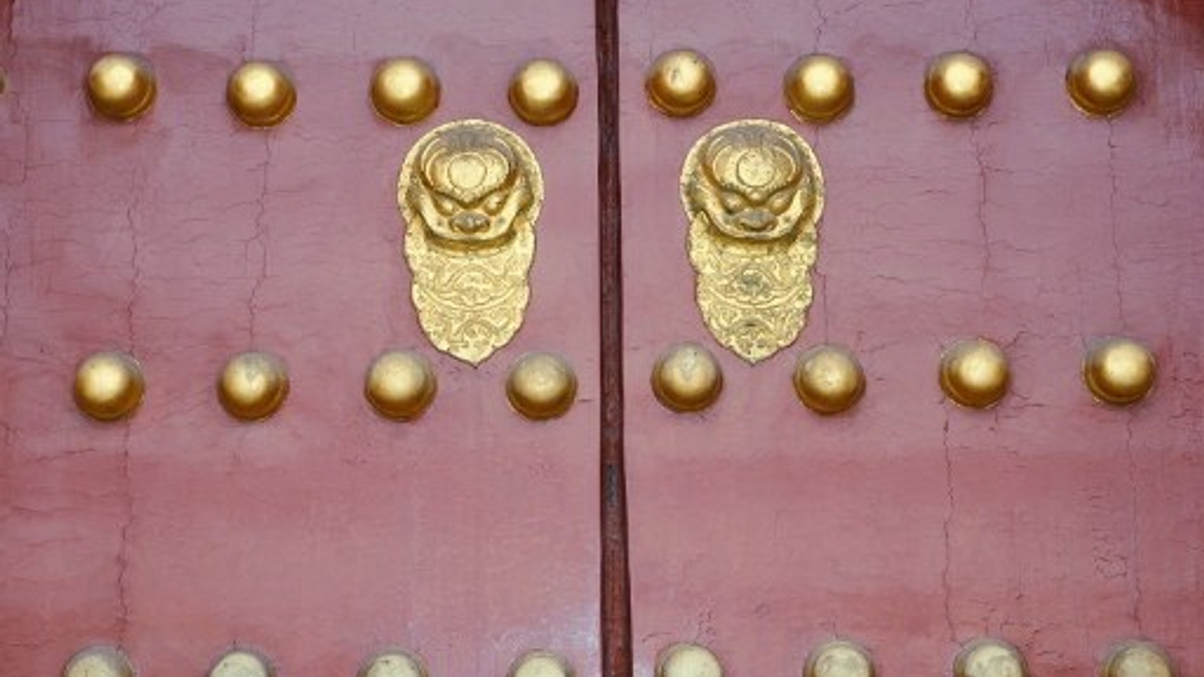Trust firms regain interest in QDII launches
Chinese trust companies are expecting the regulator to broaden the range of securities they are permitted to invest in, until they are eventually on a par with fund managers and securities firms.

In anticipation of a regulatory move to expand their narrow investment horizon, Chinese trust companies have regained interest in launching qualified domestic institutional investor (QDII) products.
Sign in to read on!
Registered users get 2 free articles in 30 days.
Subscribers have full unlimited access to AsianInvestor
Not signed up? New users get 2 free articles per month, plus a 7-day unlimited free trial.
¬ Haymarket Media Limited. All rights reserved.


